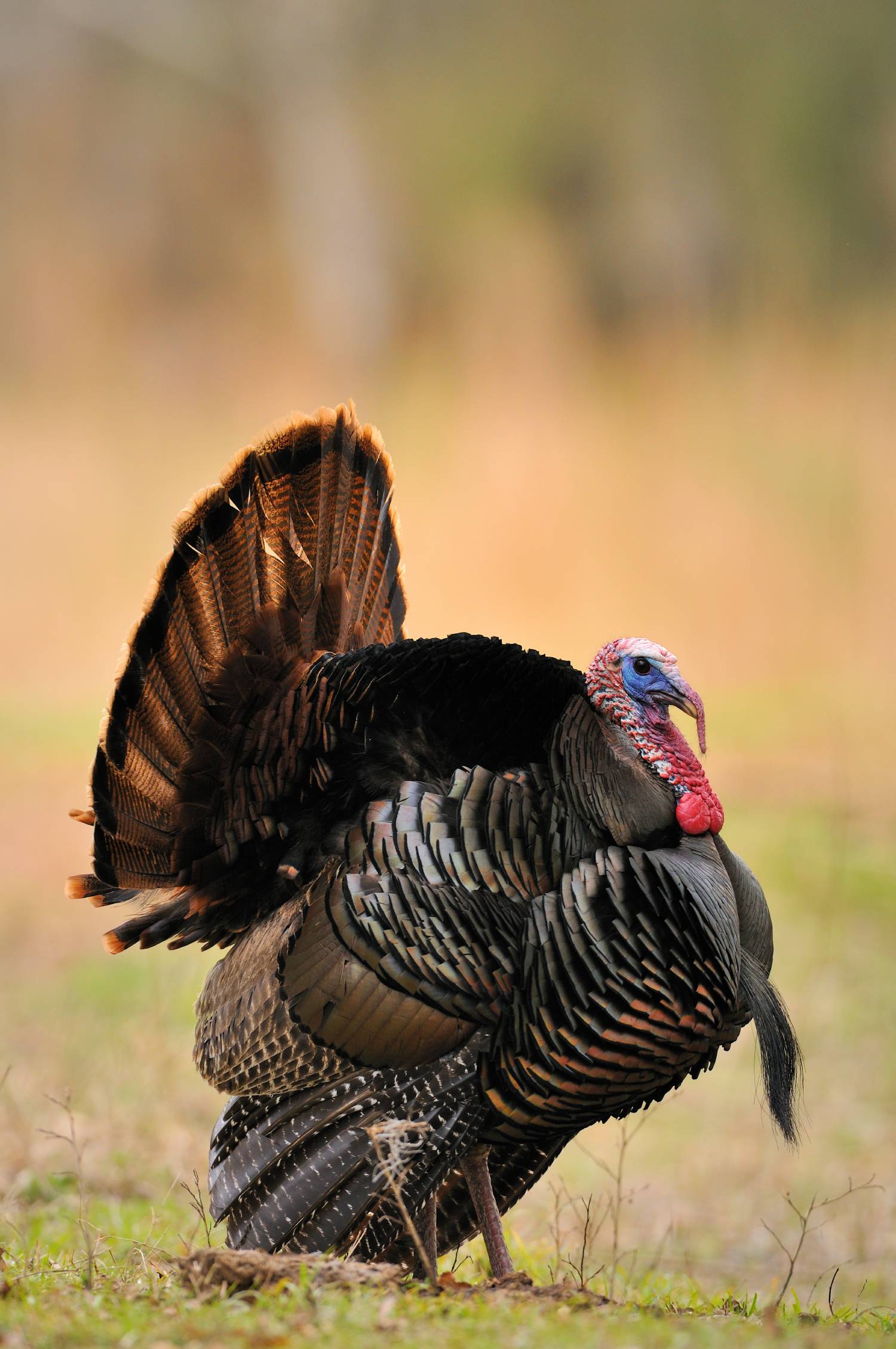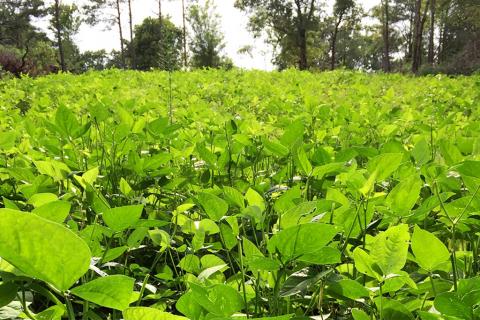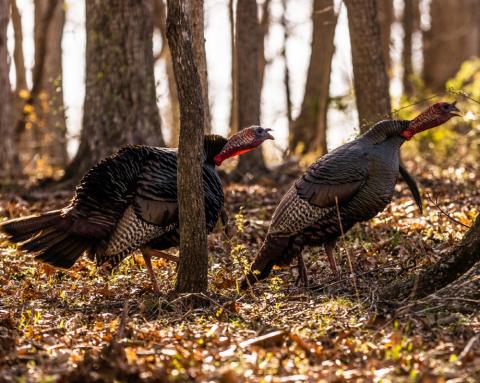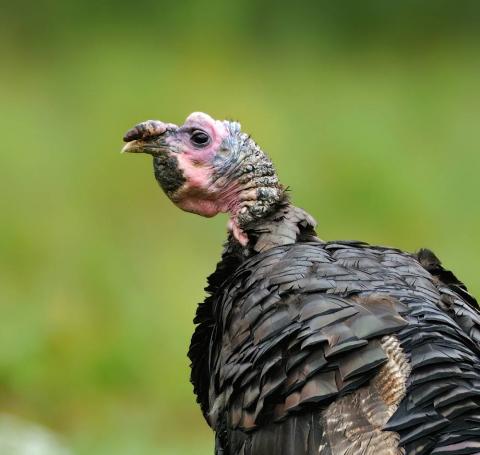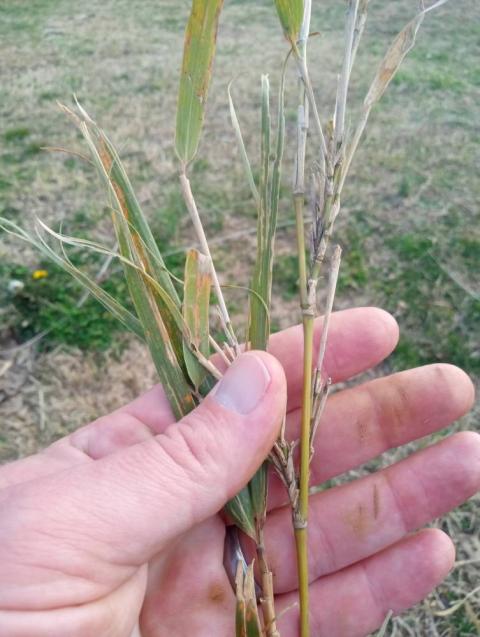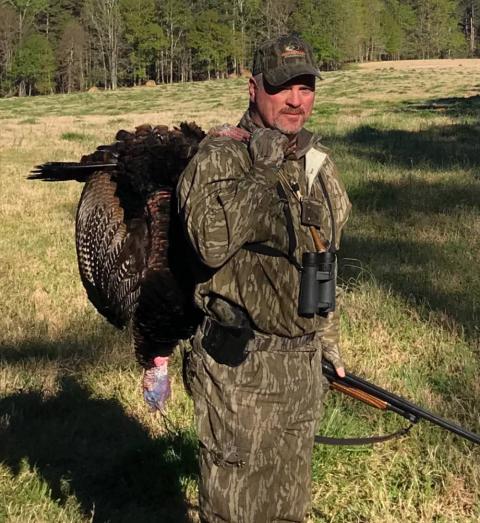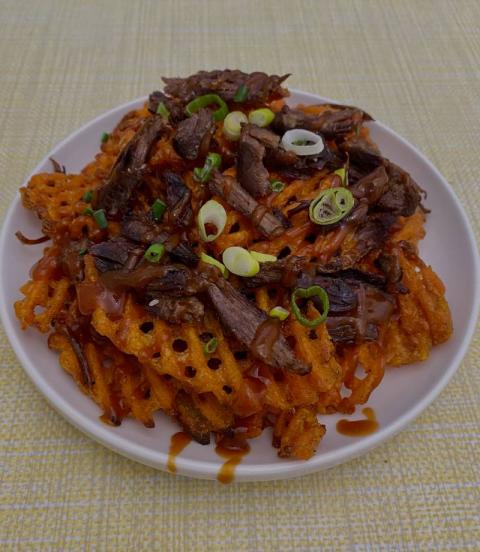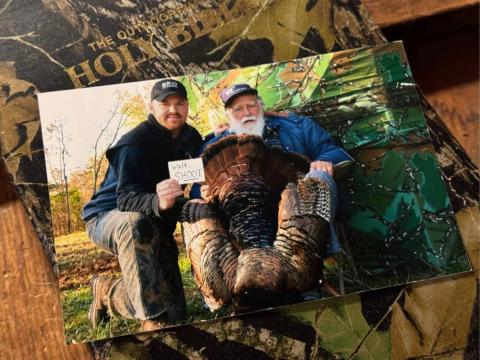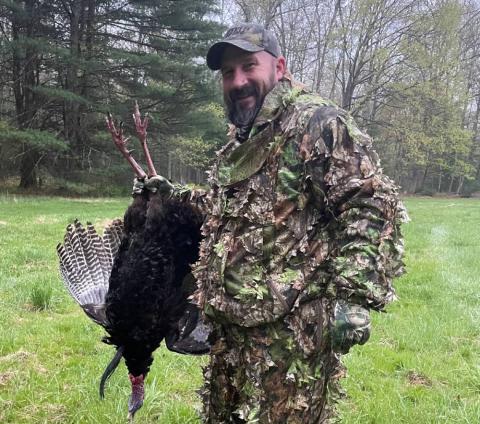By Cory Dukehart | Regional ProStaff Manager
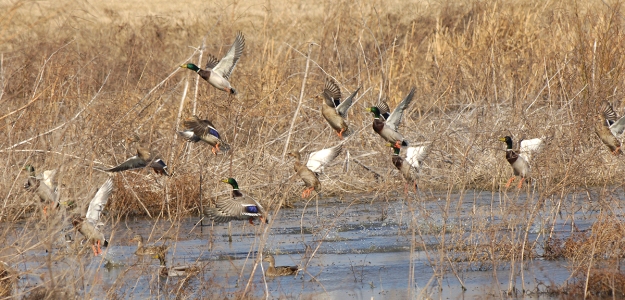
While hunting season is in a slump for the next couple of months, we thought we’d take a look at what our fellow hunters do in the “off season.” ProStaffer Cory Dukehart participates in duck and goose calling contests and in the process, lines up hunts for the coming season through connections he makes at competitions.
Chasing ducks and geese down the flyways can consume so much energy that some waterfowlers almost look forward to the season’s end, but typically it only takes a week or two before they are itching for hunting season to start back up again. The non-season can be a depressing time. Some hunters hang up their waders and start chasing turkeys, some hunters turn into fisherman, and some hunters just turn into couch potatoes until the next fall. However, there are a few dedicated waterfowlers throughout the country who can never put down their calls. These are the competition callers.
Some of the naysayers will argue that even a real duck or goose could never win a duck or goose calling competition, and I agree. However, what the naysayers don’t understand is that while some of the sounds coming from the call on stage may not be 100-percent authentic, the caller is showing his control over the call and showcasing his ability to make all of the sounds of which a duck or goose call is capable. From the screaming hail calls to the low end finishing work, all the sounds of a big time calling routine might not be the same notes or patterns you would use in a hunting blind. But, it doesn’t mean that those notes might not work in certain situations. And it’s nice to know that you can use your call to its full capabilities if needed.
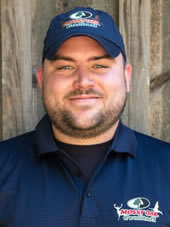 There are contests held for different categories and species all over the country. However, the two most popular are that of the mallard hen and the Canadian goose, with the world’s championship contest for each being held in Stuttgart, AR and Easton, MD, respectively. The contests typically follow a similar pattern and allow the caller 90 seconds to perform their version of a set routine of notes and sounds. Each caller is judged by five judges who cannot see the caller and are judging based off of sound alone. The highest and the lowest score are both thrown out, and the three scores in the middle are added to become the caller’s score for that round. Each contest lasts three rounds with the field of callers being cut down each round. At the end of 3 rounds, the caller with the highest accumulated points from all 3 rounds becomes the champion.
There are contests held for different categories and species all over the country. However, the two most popular are that of the mallard hen and the Canadian goose, with the world’s championship contest for each being held in Stuttgart, AR and Easton, MD, respectively. The contests typically follow a similar pattern and allow the caller 90 seconds to perform their version of a set routine of notes and sounds. Each caller is judged by five judges who cannot see the caller and are judging based off of sound alone. The highest and the lowest score are both thrown out, and the three scores in the middle are added to become the caller’s score for that round. Each contest lasts three rounds with the field of callers being cut down each round. At the end of 3 rounds, the caller with the highest accumulated points from all 3 rounds becomes the champion.
I started contest calling back in 2006, and I was really dedicated to the sport for about 3 years. I only experienced moderate success at local contests, but I really had a great time at each of them. I also met some great friends, most of whom I keep in contact with to this day. Had I not taken the leap to enter my first contest, I would have missed out on a lot of great memories and friends. I gained hunting opportunities and most importantly hunting buddies. Without a doubt, the contests made me a better caller in the field.
Like any competitive activity, there are folks out there who can be poor sports whenever something does not go their way. However, from my experience, the vast majority of folks involved in this particular off season hobby are a great group of people. Regardless of what the naysayers say, the guys that dedicate their offseason to the contest stage are as diehard of a waterfowler as anyone I have ever met. Their whole year revolves around becoming a better caller and thus a better hunter.
If you are a waterfowler and this offseason has already seemed too long, look up a local calling contest and consider entering. Regardless of the outcome or what the judges think, I am certain you will meet some fine folks, have a good time, and definitely leave having learned something about calling.
Let us know what you do during the Summer Slump by sharing on our Facebook page and on Twitter and Instagram by mentioning @mossyoak with the hashtag #summerslump.
















